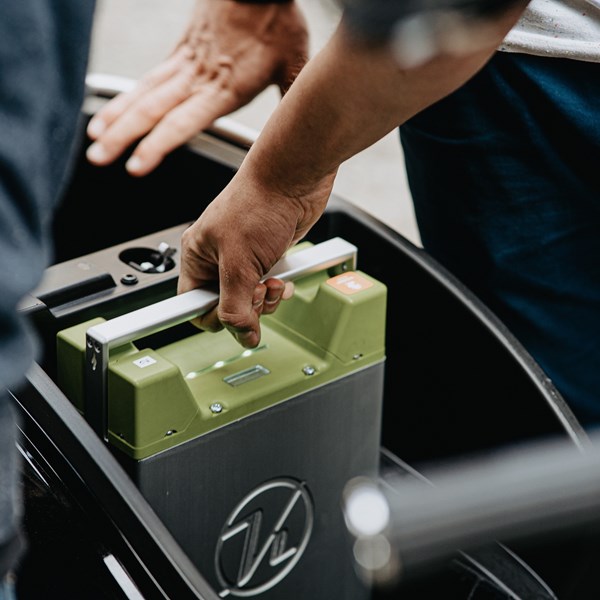In an announcement yesterday (26 April 2018), the UK government confirmed that it has formally ratified the agreement allowing for a Unitary Patent and Unified Patent Court (UPC), which aims to provide a more efficient and cost-effective system for patent protection and enforcement across Europe.
Notwithstanding the delay in German ratification occasioned by a pending challenge to the unitary patent system in the Federal Constitutional Court, this is the penultimate step required for this long-running project to become a reality.
For around 40 years, the European Patent Office has provided a single system for patent examination and grant across an ever-expanding range of European territories (including several non-EU members). This system has nevertheless remained a work-in-progress, with the grant of a European patent still requiring separate validation as a national patent right, with separate enforcement of those rights occurring in the relevant national court.
The proposed Unitary Patent aims to address this by providing a single patent right having direct effect in a significant proportion of those European territories. Such a patent will be enforceable, and/or may have its validity challenged, across each of those territories in a single action brought before the UPC, which will have branches across Europe, including a planned Central Division to be based in London. Moreover, once the new system is in force, as a default all existing granted national patents in member states obtained through the European system, will be subject to the jurisdiction of the UPC.
Although the new system will have many obvious benefits, there will also be, at least initially, a considerable degree of uncertainty as to how it will function in practice. In recognition of this, the new system allows for a transition period during which users of the European patent system may choose to continue with the existing system, by ‘opting out’ both newly obtained and existing national rights from the jurisdiction of the UPC, such that those rights will continue to fall under the jurisdiction of the relevant national court.
With the UK having now ratified the agreement, all that remains is for Germany to ratify the agreement in order to allow the system to come into force shortly after.
However, while it was initially expected that Germany would be in a position to ratify very shortly after the UK (meaning that the UPC system would be up and running in a matter of months), German ratification cannot now take place until the challenge before the German Federal Constitution Court has been resolved. The earliest that the Court is expected to reach a decision is towards the end of 2018, although this could be delayed by a further 2 years if a referral is made to the Court of Justice of the European Union (CJEU).
Accordingly, there is a good deal of uncertainty over when, or indeed if, German ratification will take place, and likewise uncertainty over the future for the new UPC system.
Rest assured, however, that Potter Clarkson is monitoring developments in Germany closely and will keep clients informed of the likely timescales, as well as providing more information on the new patent and court systems as the UPC system is developed.
In the meantime, those wishing to find out more about this new system are welcome to contact their usual Potter Clarkson representative.






